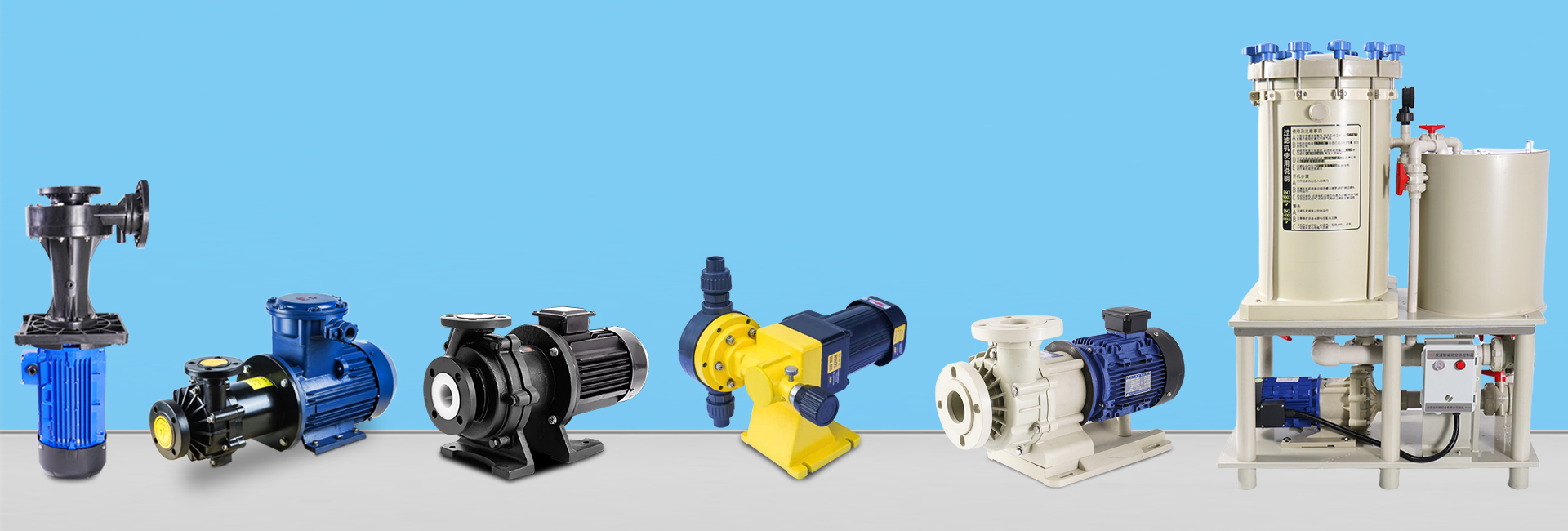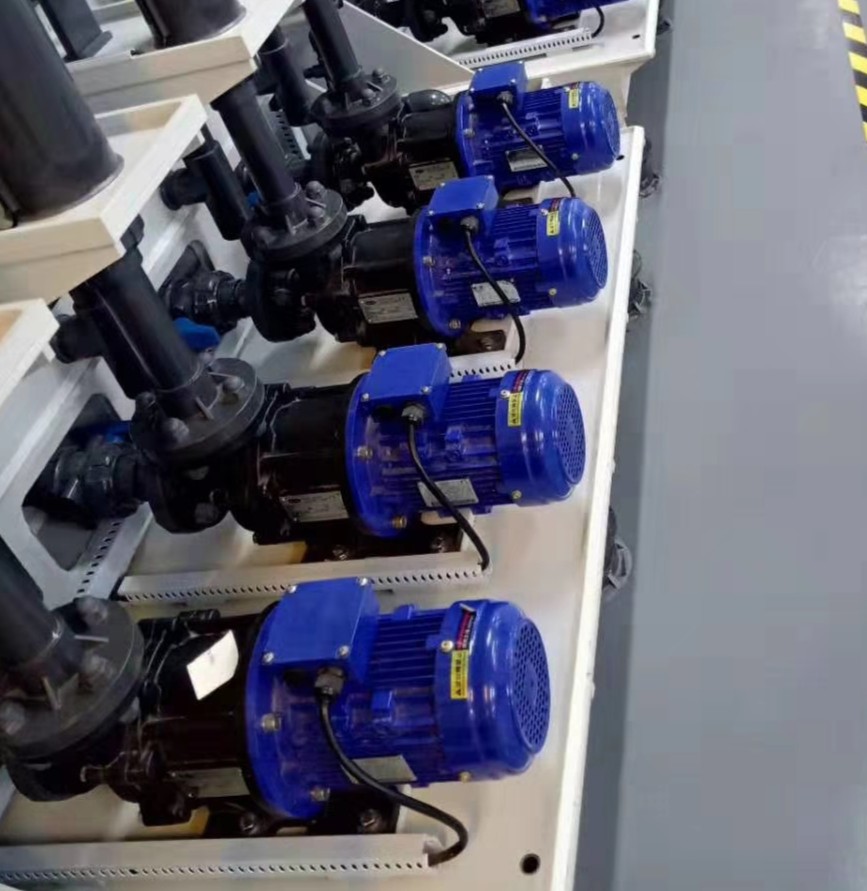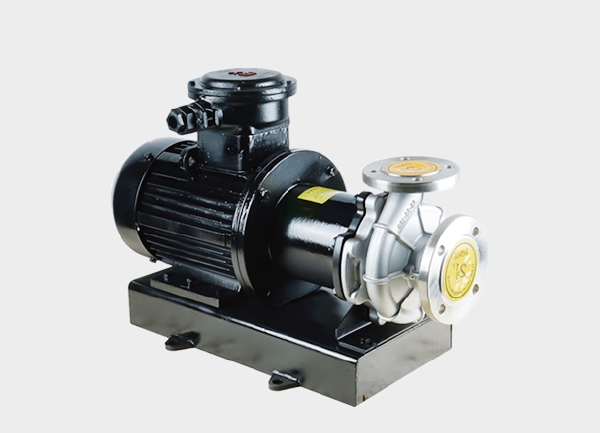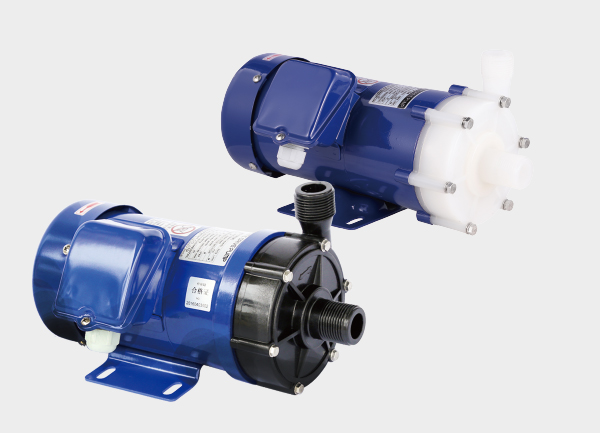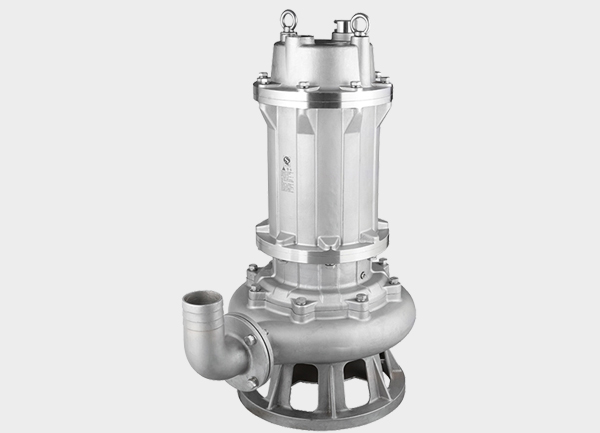In industrial production, chemical transportation, municipal water supply, and other sectors, centrifugal pumps play a critical role as core fluid transfer equipment. Known for their stable and efficient performance, centrifugal pumps are indispensable in various applications. The market offers a wide range of centrifugal pump types, covering different materials, structures, and functionalities. Among them, stainless steel centrifugal pumps, self-priming centrifugal pumps, and vertical centrifugal pumps are widely used and often prioritized in industrial procurement.
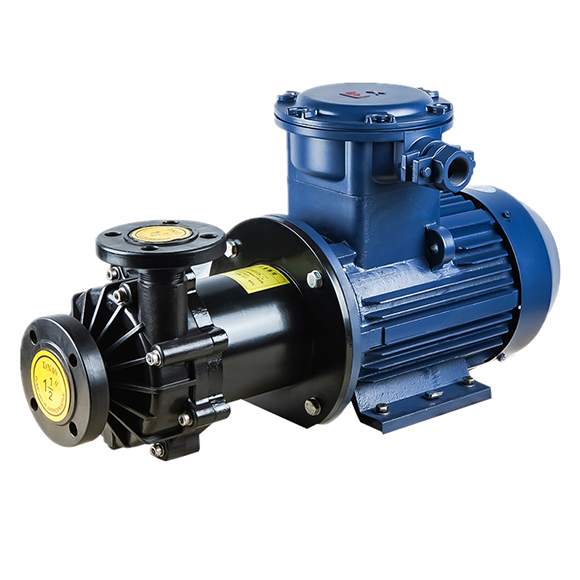
1. Classification by Material: Stainless Steel Pumps Lead Corrosion Resistance
Stainless steel is the most popular material for centrifugal pumps due to its excellent corrosion and rust resistance. This has led to a variety of specialized products, including stainless steel centrifugal pumps, stainless steel water pumps, and industrial stainless steel centrifugal pumps. These pumps typically use 304 or 316L stainless steel for wetted parts, ensuring resistance to acidic and alkaline media in chemical industries while meeting sanitary standards for food processing and drinking water applications. They are commonly applied in chemical plants, pharmaceuticals, beverage production, and municipal water supply.
For highly corrosive environments, fluoroplastic self-priming centrifugal pumps offer a specialized solution. Their wetted components are made from fluoroplastics such as F46, capable of handling strong acids, alkalis, and organic solvents. These pumps are particularly suitable for high-risk chemical applications, addressing limitations of stainless steel in extreme corrosive conditions.
2. Classification by Structure and Function: Matching Pumps to Specific Scenarios
The structural design of a centrifugal pump directly influences its installation and suitability for different applications. The main types available on the market include:
2.1 By Installation Type: Vertical vs. Horizontal
Vertical Centrifugal Pumps: These pumps are installed vertically, occupying minimal floor space and offering a stable center of gravity. They are ideal for compact pump rooms or outdoor pumping stations. Maintenance is convenient since pipe disassembly is unnecessary. Common applications include high-rise building water supply and pipeline boosting.
Horizontal Centrifugal Pumps: With horizontal installation, these pumps generate lower vibration and noise while offering strong flow capacity. They are compatible with larger motors and are widely used in industrial circulation water systems, power plant cooling, and agricultural irrigation for high-volume fluid transfer.
2.2 By Suction Method: Self-Priming Pumps Solve Dry-Running Issues
Self-priming centrifugal pumps, including fluoroplastic variants, can start without manual priming, addressing the traditional need to fill the pump before operation. With built-in self-priming mechanisms, these pumps quickly generate negative pressure to draw in liquid. They are suitable for low-level storage tanks, mobile liquid transfer (e.g., fuel truck unloading), and installations without foot valves, making them highly effective in chemical unloading and emergency drainage scenarios.
2.3 By Drive and Sealing: Magnetic and Submersible Pumps with Unique Advantages
Magnetic Drive Centrifugal Pumps (Magnetic Pumps): These pumps use magnetic coupling for transmission, eliminating mechanical seals and completely preventing leakage. They are ideal for transporting flammable, toxic, or valuable liquids such as methanol or pharmaceutical solutions, offering superior safety compared to conventional sealed pumps.
Submersible Centrifugal Pumps: With an integrated motor and pump body, these pumps operate directly underwater, eliminating the need for a dedicated pump room. They reduce installation costs and avoid suction lift issues, making them ideal for wastewater treatment, river dredging, and mining dewatering.
2.4 By Application: Industrial and Chemical Centrifugal Pumps
Industrial Centrifugal Pumps: Often considered universal equipment for industrial applications, these pumps come in pipeline, horizontal, and vertical configurations. They can be customized according to flow and head requirements, suitable for industrial circulation, boiler feed, and workshop process transfer. Some models are designed for high-temperature or high-pressure applications, serving power plants, metallurgy, and heavy industries.
Chemical Centrifugal Pumps: Building on industrial designs, chemical pumps emphasize corrosion resistance and sealing performance. Wetted parts are commonly made of stainless steel or fluoroplastics. Certain models feature explosion-proof designs to meet chemical plant safety standards, making them ideal for transferring acids, alkalis, and salt solutions.
3. Centrifugal Pump Procurement: Price Factors and Supplier Selection
When purchasing centrifugal pumps, both price and supplier selection are crucial for cost-effectiveness and long-term operational reliability.
3.1 Factors Influencing Price
Pump pricing is affected by material, specifications, and configuration:
Stainless steel pumps are generally more expensive than cast iron alternatives.
Specialized types such as magnetic drive and fluoroplastic pumps are costlier due to complex manufacturing processes.
Industrial-grade pumps with higher flow and head require larger motors and components, further increasing costs.
Brand reputation and after-sales service (warranty, on-site maintenance) also impact the final price.
3.2 Supplier Selection Criteria
Key considerations when selecting a centrifugal pump manufacturer or supplier include:
Qualifications and Production Capacity: Prefer suppliers with ISO9001 certification and independent production facilities to ensure consistent product quality.
Customization Capability: Industrial and chemical requirements vary widely. Suppliers should offer customization based on medium properties, flow, head, material, and safety features.
After-Sales Service: As centrifugal pumps operate continuously over long periods, suppliers must provide timely maintenance and spare parts to minimize production downtime.
4. Conclusion
From the versatility of stainless steel pumps to the specialized capabilities of fluoroplastic self-priming pumps, and from vertical/horizontal installation options to magnetic drive safety, the diversity of centrifugal pump types meets a wide range of industrial, chemical, and municipal needs. When procuring pumps, businesses should carefully assess material and type requirements and choose qualified suppliers with comprehensive services to ensure efficient, stable, and long-lasting operation.

